Earth
Sign up for our newsletter
We summarize the week's scientific breakthroughs every Thursday.
-
 Environment
EnvironmentMicroplastics may enter freshwater and soil via compost
Compost is pinpointed as a source of plastic pollution, but environmental fate and effects unknown.
-
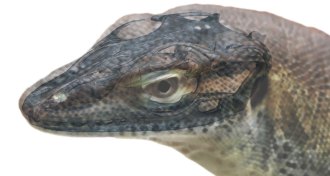 Paleontology
PaleontologyThis ancient lizard may have watched the world through four eyes
A lizard that lived 50 million years ago had both a third and a fourth eye.
-
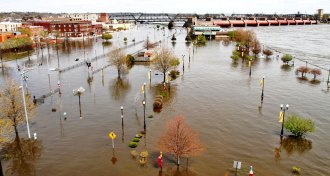 Earth
EarthEfforts to contain Mississippi floods may have made them worse
Intensive management of the Mississippi River has increased the size of its largest floods, suggests a new study.
-
 Health & Medicine
Health & MedicineAre we ready for the deadly heat waves of the future?
As heat waves become more common, cities try to respond.
-
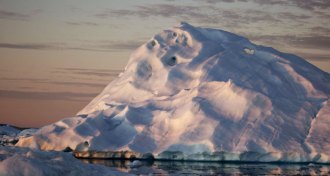 Climate
ClimateSeafloor map shows why Greenland’s glaciers melt at different rates
A new high-res look at the seafloor shows how ledges and dips affects whether relatively warm ocean water reaches the ice.
-
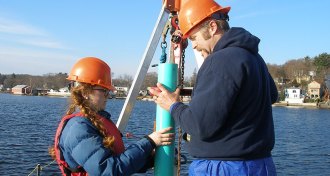 Earth
EarthPowerful New England quake recorded in pond mud
The newfound sediment signature of the 1755 Cape Ann earthquake could be used to trace other prehistoric temblors.
-
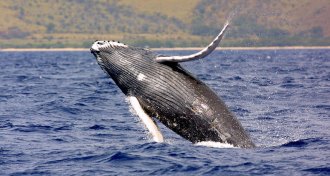 Animals
AnimalsHumpback whale bumps have marine biologists stumped
Christine Gabriele is taking tissue samples from humpback whales in Hawaii to determine why more and more have nodular dermatitis.
-
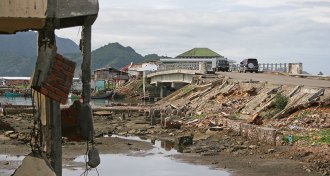 Science & Society
Science & SocietyHow past disasters can help us prepare for the future
In The Big Ones, seismologist Lucy Jones examines the science behind some of the most catastrophic natural disasters in human history.
By Kyle Plantz -
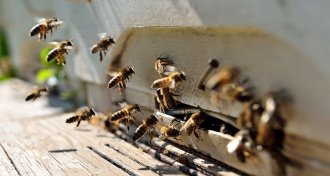 Environment
EnvironmentHow bees defend against some controversial insecticides
Some bees have enzymes that allow them to resist toxic compounds in some neonicotinoid pesticides.
By Dan Garisto -
 Science & Society
Science & SocietyWhy it’s great to have a geologist in the house
Editor in Chief Nancy Shute enthuses about learning how ancient plans may have helped make Earth muddy.
By Nancy Shute -
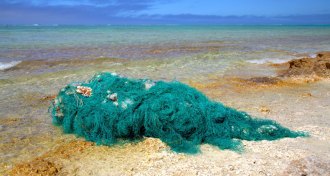 Environment
EnvironmentThe great Pacific garbage patch may be 16 times as massive as we thought
The giant garbage patch between Hawaii and California weighs at least 79,000 tons, a new estimate suggests.
-
 Earth
EarthFalse alarms may be a necessary part of earthquake early warnings
To give enough time to take protective action, earthquake warning systems may have to issue alerts long before it’s clear how strong the quake will be.